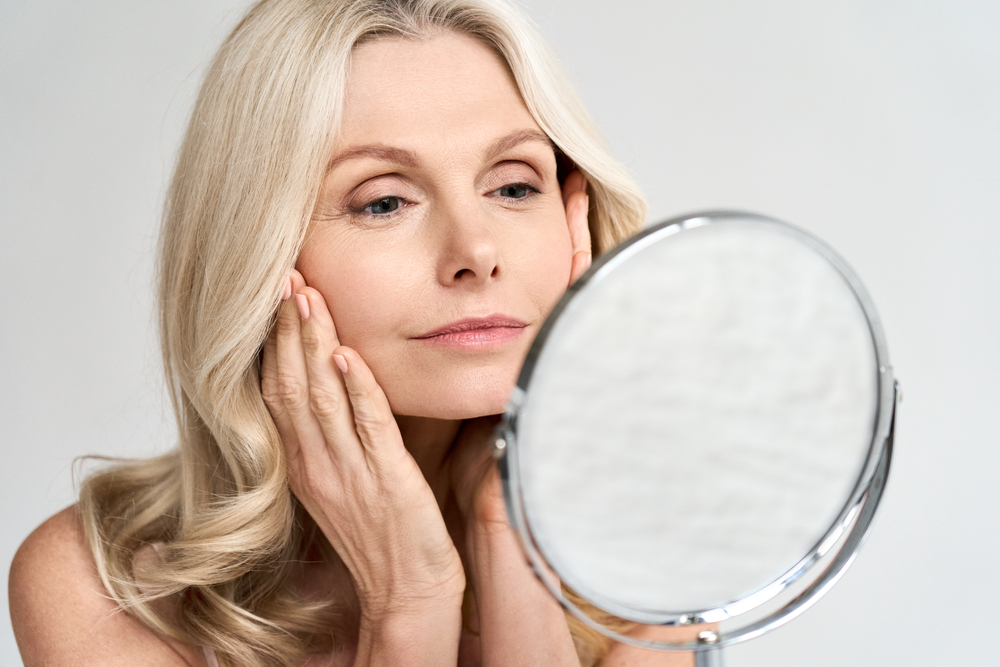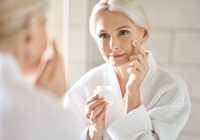Quality sleep is essential for overall health, and its impact on skin aging is significant. Sleep plays a crucial role in maintaining skin health, influencing everything from elasticity to hydration. Let’s explore how sleep affects skin aging and ways to optimize your rest for a radiant complexion.
The Science Behind Sleep and Skin Health
- Cellular Repair: During sleep, the body undergoes essential repair processes. This includes the regeneration of skin cells and the production of collagen, which helps maintain skin elasticity and firmness.
- Hormonal Balance: Sleep regulates hormone levels, including cortisol and melatonin. High cortisol levels due to sleep deprivation can lead to increased inflammation, which accelerates skin aging. Melatonin, on the other hand, has antioxidant properties that protect the skin.
- Hydration and Barrier Function: Sleep helps maintain the skin’s moisture balance. Lack of sleep can disrupt the skin’s barrier function, leading to dehydration and a dull complexion. Proper hydration is vital for plump, youthful skin.
Effects of Poor Sleep on Skin Aging
- Increased Wrinkles: Chronic sleep deprivation can lead to premature wrinkles. Reduced collagen production weakens the skin’s structure, resulting in fine lines and sagging.
- Dull Complexion: Lack of sleep impairs blood flow to the skin, causing a dull and tired appearance. This reduced circulation can also exacerbate dark circles and puffiness under the eyes.
- Inflammation and Breakouts: Poor sleep can trigger inflammatory responses, worsening conditions like acne and eczema. Inflammation also accelerates aging by breaking down collagen and elastin fibers.
Optimizing Sleep for Better Skin
- Establish a Sleep Routine: Aim for 7-9 hours of sleep per night. Create a relaxing bedtime routine to signal to your body that it’s time to wind down. This could include activities like reading, meditating, or taking a warm bath.
- Create a Restful Environment: Make your bedroom conducive to sleep by keeping it cool, dark, and quiet. Consider using blackout curtains and white noise machines to enhance sleep quality.
- Skincare Before Bed: Apply nourishing skincare products at night when the skin is in repair mode. Use a gentle cleanser, followed by a moisturizer with ingredients like hyaluronic acid and antioxidants to support hydration and repair.
- Manage Stress: High stress levels can disrupt sleep and negatively impact skin health. Incorporate stress-reducing practices such as yoga or deep breathing exercises into your daily routine to promote relaxation.
- Stay Hydrated: Drink plenty of water throughout the day to support skin hydration. Avoid excessive caffeine and alcohol, as they can disrupt sleep patterns and dehydrate the skin.
Understanding the connection between sleep and skin aging highlights the importance of prioritizing rest for healthy, youthful skin. By optimizing your sleep habits and incorporating a consistent skincare routine, you can support your skin’s natural repair processes and combat the signs of aging. Embrace quality sleep as a vital component of your overall skincare regimen, and enjoy the benefits of a refreshed and radiant complexion.








